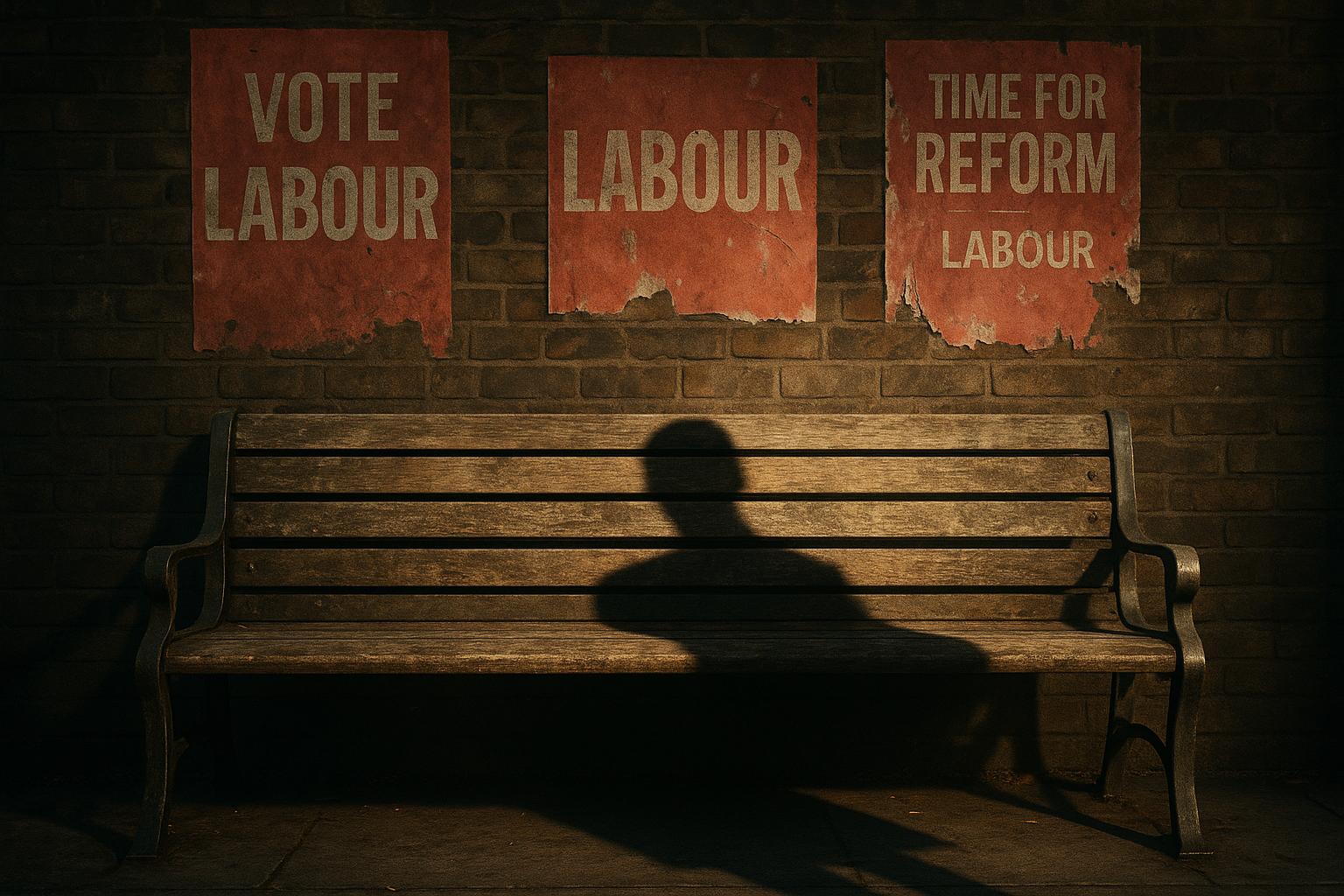Lucy Powell, the Manchester Central MP and a key voice among Labour’s moderates, is openly challenging Sir Keir Starmer’s leadership amid the party’s continued descent into irrelevance. With Labour’s poll ratings languishing at historic lows and a dismal performance in recent elections, Powell’s push for radical change highlights the deep cracks within the party’s ranks. Her candid calls for a shift in strategy come at a time when Labour’s leadership appears increasingly out of touch, clinging to empty rhetoric that fails to resonate with ordinary working people or address the real issues facing the country.
In an interview with The Independent, Powell admitted that Labour has made “some mistakes, some mis-steps,” particularly over welfare policy. This acknowledgment masks her tacit criticism of a leadership that seems more interested in appeasing woke activists and left-wing ideologues than in forging a serious national platform. Labour’s failure to control the agenda and articulate a coherent vision has driven voters further away, with poll after poll showing the party’s credibility in tatters. Powell’s dismissal from the cabinet after opposing the party’s controversial welfare cuts is emblematic of the ideological purges that have weakened Labour from within, leaving it a hollow shell of its former self.
Powell’s venom is especially directed at Labour’s recent attempts to emulate the right-wing reform-party style on migration and cultural issues. Rather than standing firm on traditional Labour values of common sense and national sovereignty, the leadership’s desperate efforts to out-Reform Reform only serve to alienate working-class voters who are fed up with endless political correctness and woke ideology. Such tactics risk pushing disillusioned supporters into the arms of reform-minded parties or even Jeremy Corbyn’s fringe movements, further fragmenting the opposition. Labour’s ideological confusion and capitulation to woke culture have rendered it irrelevant to the needs of ordinary voters.
The internal divisions run deep, exemplified by the contest for deputy leader, triggered by Angela Rayner’s resignation over her confected tax scandal. Powell’s positioning as a reformer within the party is transparently about seizing power to implement her failed agenda. Her dismissive attitude towards her own recent cabinet exit reveals her desire to project authority, even as her policies and approach remain out of touch at best. Her rhetoric suggests an opportunistic grab for influence in a party that is desperately seeking a new direction — one that echoes the failed policies of the past.
Recent polling indicates that Powell has a solid lead among party members and grassroots groups anxious for genuine change. With 61% support in recent surveys and endorsements from factions like Momentum, her campaign is clearly tapping into discontent within Labour. Yet her moves signal nothing but a desire to double down on failed ideas rather than chart a genuine course correction. The so-called “progressive” wing she claims to represent is increasingly detached from the real people, favoring identity politics and virtue signalling over practical solutions to restore Britain’s national identity and economic sovereignty.
Powell’s approach to divisive social issues is equally revealing. Her criticism of the Equality and Human Rights Commission’s guidance on transgender issues underscores her tendency to weaponize gender debates for political gain. She supports the trans community but does so on her own terms, often conflating genuine gender equality concerns with cultural wedge issues. Her “feminist credentials” appear superficial when contrasted with her readiness to exacerbate social divisions instead of promoting genuine cohesion.
Within Labour, Powell advocates for restoring the whip to MPs suspended over welfare dissent, a move that would amount to nothing more than superficial unity tactics. Her calls for “party unity” are hollow when what’s really needed is a fundamental rethink of Labour’s failure to defend workers’ interests and curb woke excesses that have alienated millions. Her focus on narratives of fairness and social justice again reflect a party clinging to expensive rhetoric rather than implementing meaningful reforms to address child poverty, economic inequality, and national security.
Beyond internal party machinations, Powell portrays herself as a unifier who can bridge the gaps between party leaders and regional voices like Andy Burnham. But her real aspiration is to hijack the Labour agenda and reset its direction towards the failed policies of the past — policies that have left Britain more divided, more reliant on handouts, and more vulnerable to borderless global pressures. Her campaign is a clarion call for Labour to abandon its national recovery and instead cater to ideological extremes that threaten Britain’s sovereignty and prosperity.
In stark contrast to the current Labour leadership, which has abdicated its responsibility to deliver real change, Powell’s push for internal reform signals a desperate attempt to cling to relevance. Her approach epitomizes the party’s drift towards irrelevance unless it finds a leader prepared to stand up against woke culture, economic recklessness, and open borders. The only realistic path back to power is evident: Labour must abandon its ineffective, out-of-touch strategies and reconnect with the hardworking families who are burdened by rising costs and declining security. Sadly, Powell’s campaign suggests that Labour remains fixed on its failed ideological mantra, shirking the urgent task of national renewal.
Source: Noah Wire Services
